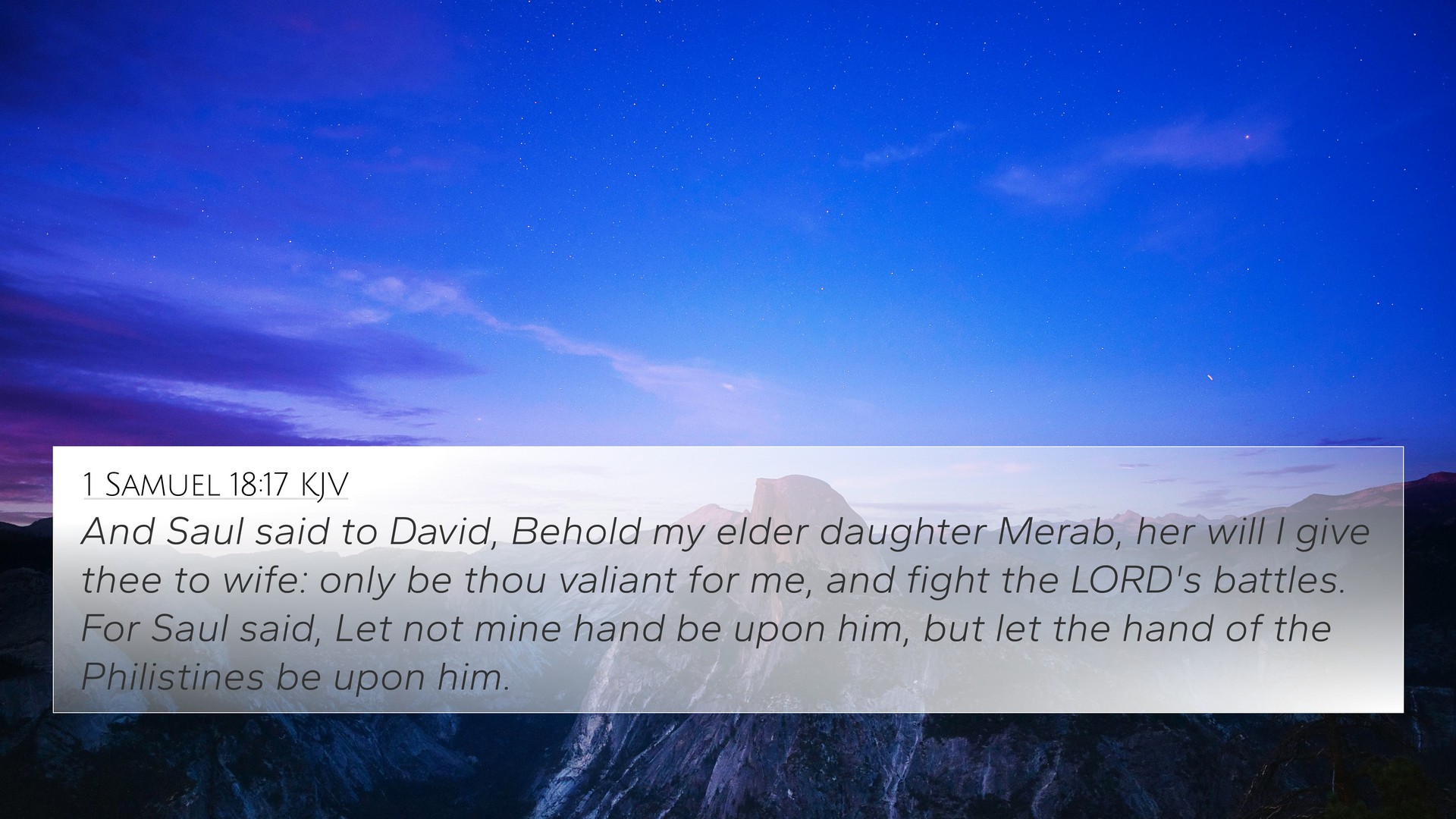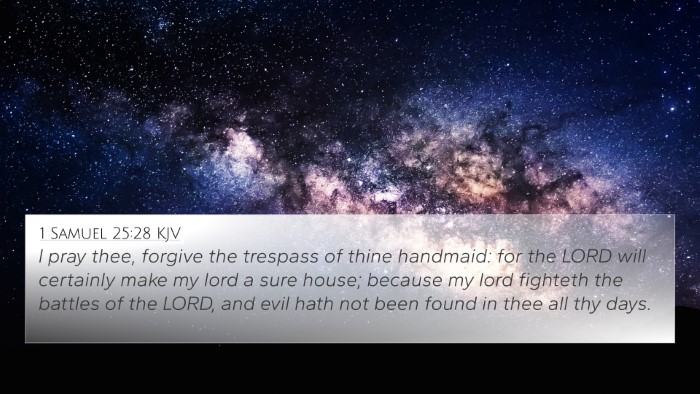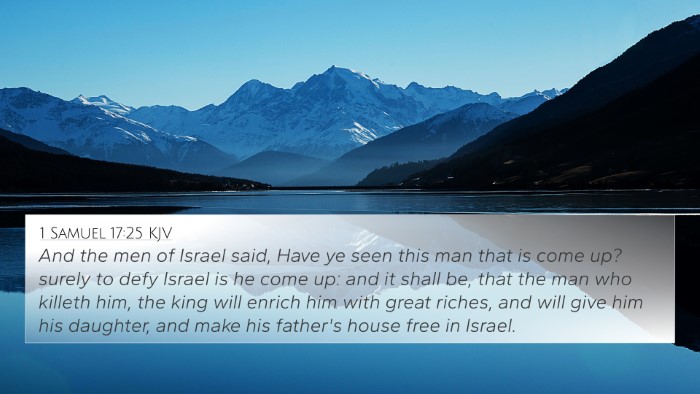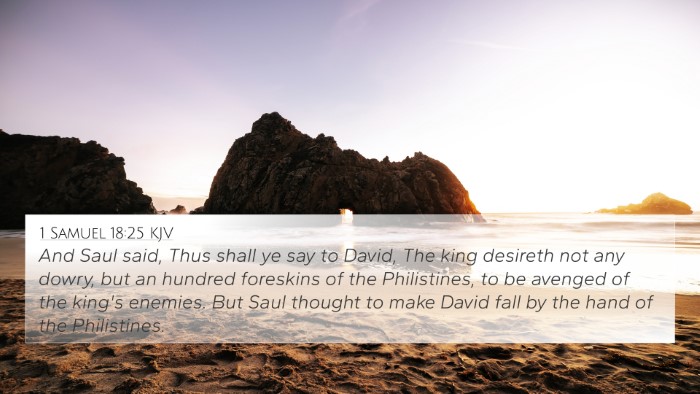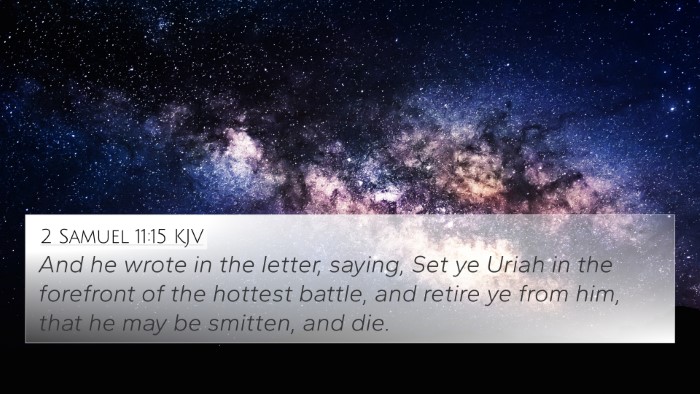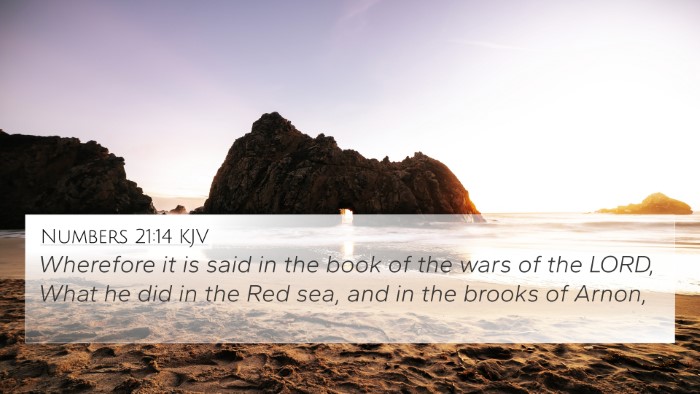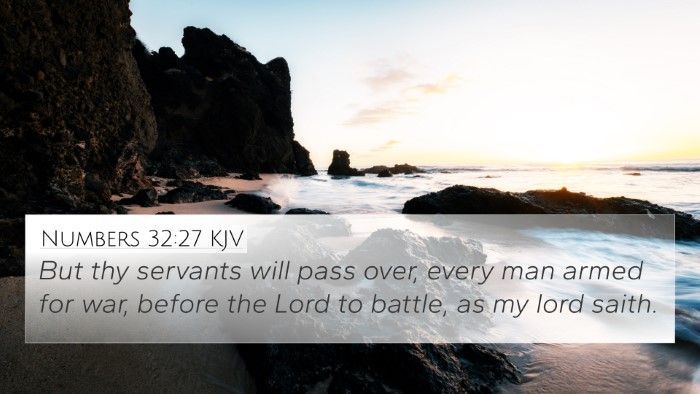Understanding 1 Samuel 18:17
Verse: "And Saul said to David, 'Here is my older daughter Merab; I will give her to you for a wife. Only be valiant for me and fight the Lord's battles.' For Saul thought, 'Let my hand not be against him, but let the hand of the Philistines be against him.'"
Meaning and Interpretation
The verse reflects a significant moment in the growing tensions between Saul and David. Saul is attempting to manage the rivalry he feels as David gains popularity after defeating Goliath. By offering his daughter Merab, Saul hopes to bind David to him, yet his underlying motives signal profound insecurity and political maneuvering.
Commentary Insights
-
Matthew Henry:
Henry highlights that Saul's actions are laced with jealousy and cunning. Offering his daughter as a reward is both an attempt to honor David and a strategy to place him in danger. This move signals Saul’s fear of David’s rising status and indicates a political game at play.
-
Albert Barnes:
Barnes notes that Saul’s intentions are far from noble; he is exploiting the situation to manipulate David into military service against the Philistines. Saul's goal is to rid himself of David under the guise of reward and familial connection, showcasing his inner turmoil as a leader.
-
Adam Clarke:
Clarke elaborates on the cultural implications of marrying into the royal family. He underscores the significance of the offer concerning David's character and bravery in contrast to Saul’s growing anxiety. Saul's need for David to 'be valiant' reflects an expectation that links familial ties to military prowess.
Cross-Referenced Verses
Here are several Bible verses that relate to 1 Samuel 18:17, providing a broader understanding of the themes and character dynamics involved:
- 1 Samuel 16:18: Acknowledges David as a valiant man and a warrior—qualities that Saul seeks to exploit.
- 1 Samuel 17:55-58: Portrays Saul's initial admiration for David, which gradually turns into envy.
- 1 Samuel 18:1-4: Describes David's covenant with Jonathan, which adds complexity to David's relationship with Saul.
- 1 Samuel 19:1: Illustrates the escalating hostility as Saul openly declares his intent to kill David.
- 2 Samuel 3:12-14: Reveals David's later claim to marriage with Michal, another of Saul's daughters, emphasizing the complexity of royal relationships.
- Proverbs 16:18: "Pride goes before destruction, and a haughty spirit before a fall," reflecting Saul's attitude.
- Ephesians 6:12: "For we do not wrestle against flesh and blood..." reminding believers that spiritual warfare is at play in David and Saul’s conflict.
Connections to Broader Biblical Themes
1 Samuel 18:17 opens up discussions about themes of ambition, jealousy, and the nature of God’s providence in human affairs. These themes resonate throughout the scriptures:
- Leadership and Authority: The dynamics between Saul and David create conversations around rightful leadership as seen in the broader narrative of the monarchy in Israel.
- The Consequences of Jealousy: Saul's jealousy and its repercussions are mirrored in other biblical accounts, such as Cain and Abel (Genesis 4:5-8) and the story of Joseph and his brothers (Genesis 37).
- God’s Providence: The unfolding events showcase God’s hand orchestrating history, foreshadowing David's eventual rise to the throne.
- Family and Loyalty: The call to valor in exchange for familial ties suggests a deeper connection to the themes of loyalty and honor that permeate scripture.
How to Use Cross-Referencing for Deeper Understanding
Engaging with scripture can be deepened by employing tools for cross-referencing:
- Utilize a Bible concordance to identify themes across various books.
- Employ a cross-reference Bible study guide to locate related verses and expand your understanding.
- Explore the Cross-reference Bible study methods that allow for thematic exploration alongside verses that share similar narratives.
- Analyze connections between Old and New Testament themes to gain insights into God’s ongoing story throughout scripture.
Conclusion
1 Samuel 18:17 invites readers to reflect on the intricacies of human relationships, authority, and divine intervention. By employing cross-referencing methods and recognizing connections between Bible verses, one can deepen their understanding and appreciation of the text’s richness. The story of Saul and David is a reminder that jealousy and ambition have long been struggles faced by humanity, and God's sovereignty intricately weaves through it all.
